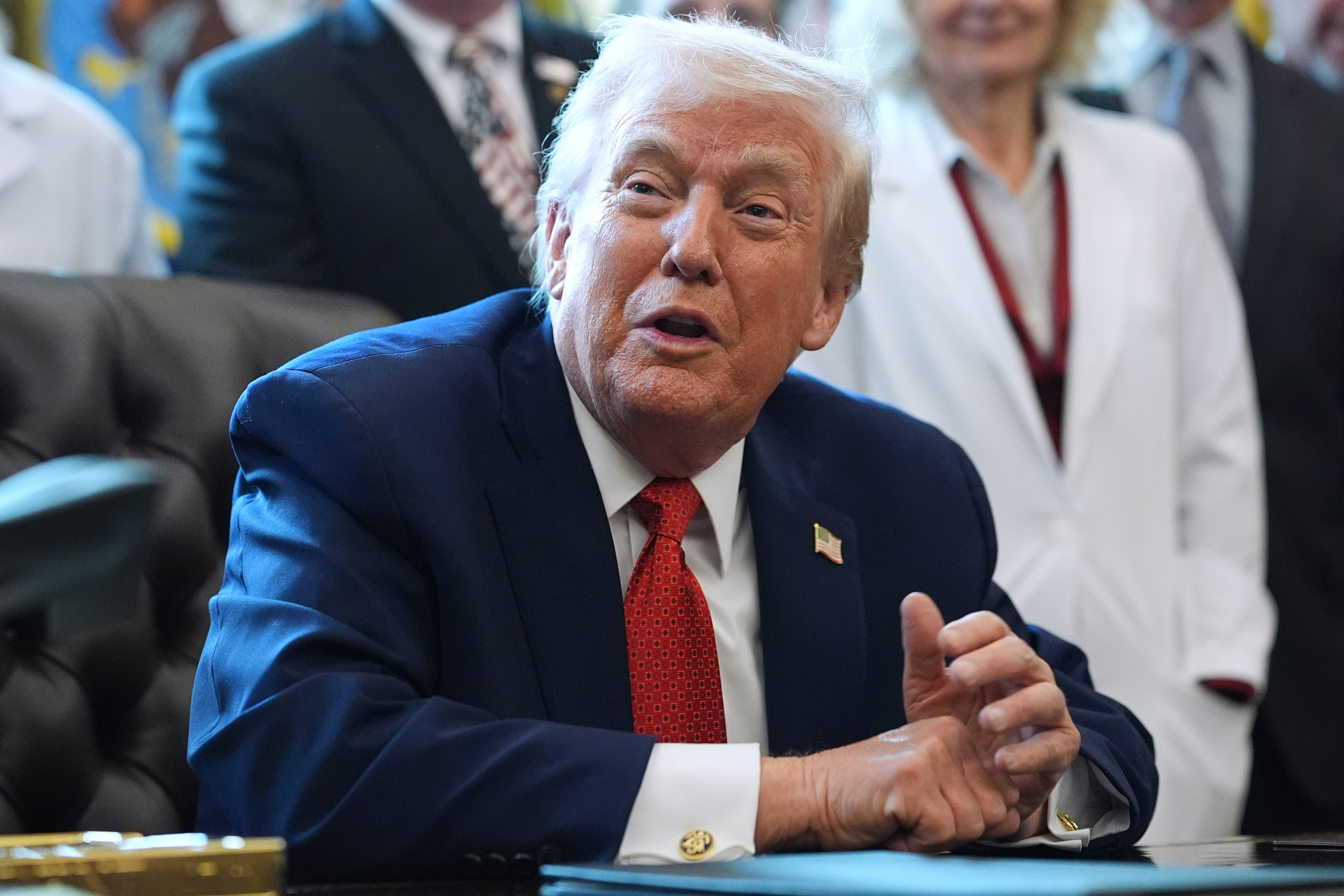Twitter paid IBM $36 million for 900 of its patents, according to an SEC filing. The move was in response to threats IBM would sue Twitter for patent infringement.
In the filing, Twitter said: "We recently received a letter from [IBM] alleging that we infringe on at least three U.S. patents held by IBM, and inviting us to negotiate a business resolution of the allegations. In December 2013, we acquired over 900 patents from IBM, which significantly increases the size of our patent portfolio." (Via SEC)
Bloomberg reports this marks Twitter's first outright purchase of patents, other than when it has garnered them through acquisitions. The report suggests Twitter’s IPO had a lot to do with the patent grab.
"Twitter now has 956 patents and about 100 filed patent applications in the U.S. … Before its November IPO, Twitter held only nine patents, making it a target for intellectual-property disputes." (Via Bloomberg)
IBM happens to be the largest patent holder in the United States. These days, it's not uncommon for a large company to be locked into several patent disputes — especially now that some companies have made a business out of buying up intellectual properties and using them to sue others.
Somewhat appropriately, a writer for Wired notes Twitter has taken a stand against patent disputes in the past, and continues to work toward patent reform.
"Twitter has vowed to take the high road and use patents only as a means of avoiding lawsuits, and not to sue other companies for infringement. … It has called for serious reform that would cut back on frivolous patents and unwarranted suits and license deals." (Via Wired)
And because of this stance, a writer for Ars Technica says it's likely Twitter wouldn’t have made the move if it didn’t feel forced to. "The patent exchange was spun in positive terms … but this 'deal' wouldn't have happened but at the end of IBM's massive patent gun."
President Obama recently called for patent reform in the State of the Union Address. He joined companies such as Twitter and even Google which continue their push for reform.









